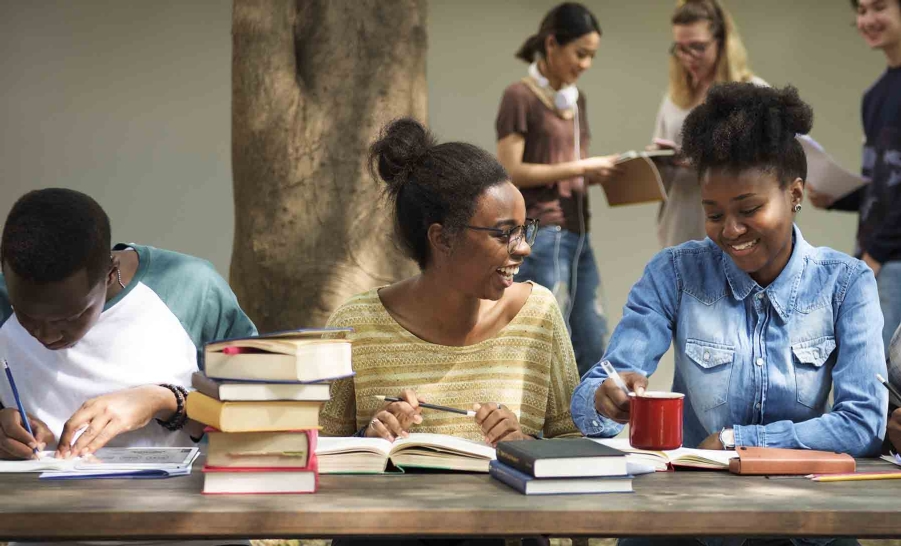Three Ideas for Post-Coronavirus Educational Recovery
There are many ways that schools can proactively address the inevitable and inequitable gaps caused by coronavirus-related school closures.
Journal of Applied Research in Higher Education / July 2020

Not all students who did well in high school are successful in college, particularly in science, technology, engineering and math (STEM) majors with the most affected student groups including women, first-generation or historically disadvantaged students. Certain study skills may be associated with greater success in college, yet these skills may be less regularly used by those underrepresented groups. This paper reports the results of a survey given to several hundred newly-matriculated students before they began their first courses at a selective, public research university in the United States. Students in nine courses responded to the survey, with 1815 total respondents. Logistic regression and linear mixed effects models were used to analyze the data. The authors found three skills were associated with course grade when adjusting for incoming GPA, SAT math and reading and GPA of other courses. Self-testing and rereading were both associated with increased grades, and flashcard use was associated with decreased grades. Of particular significance, underrepresented minority (URM) students were less likely to reread than majority students, and flashcard use was more common in women and URM students.